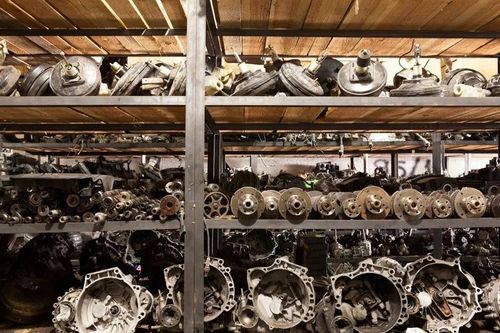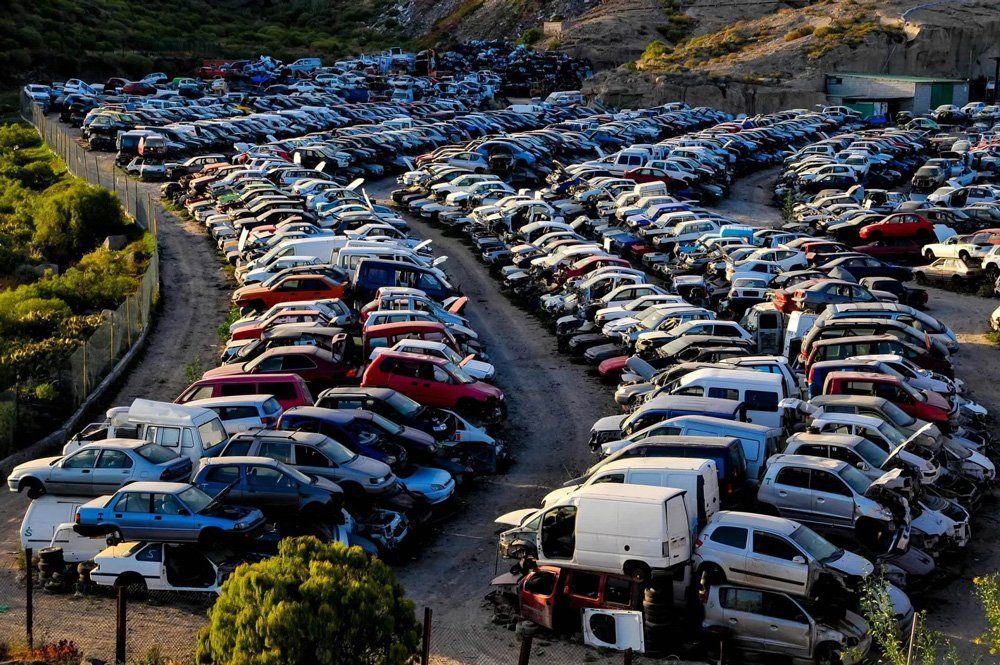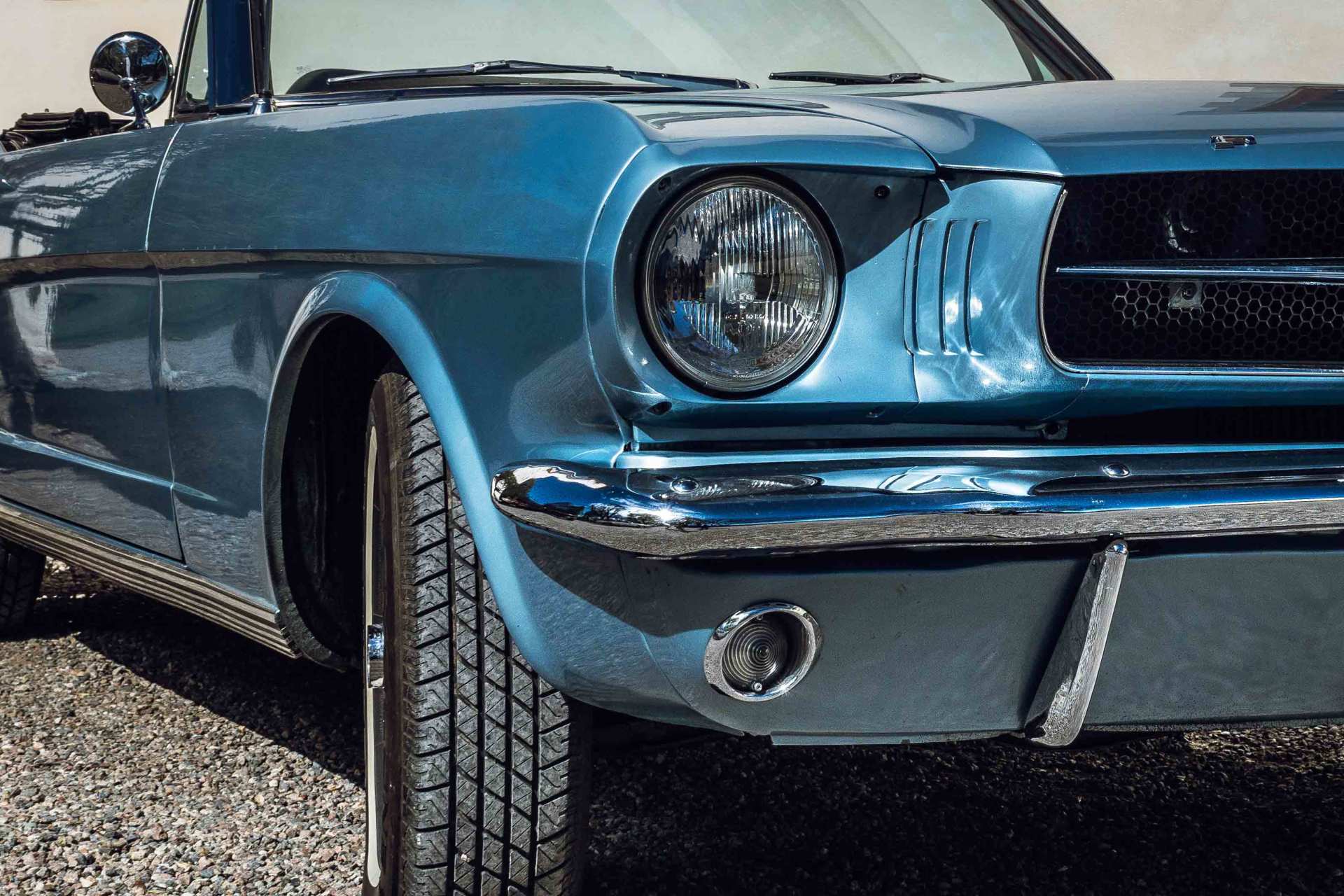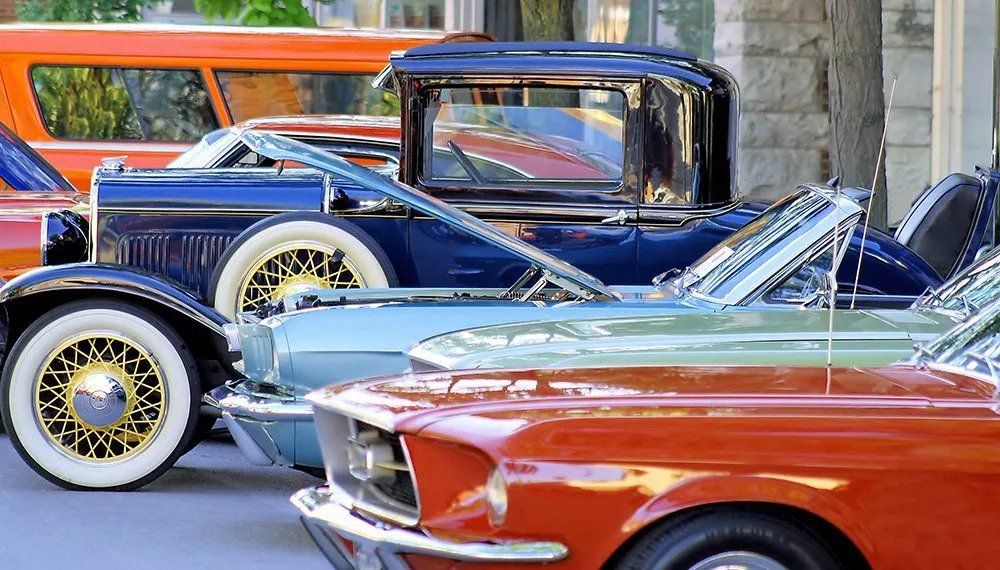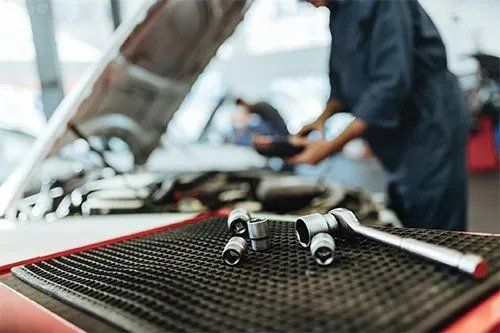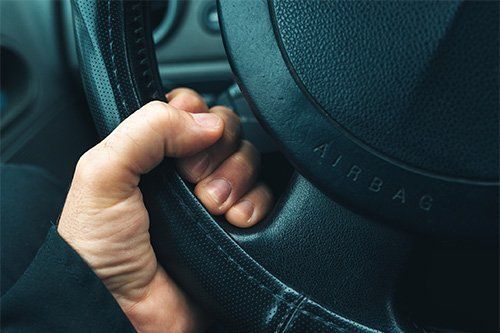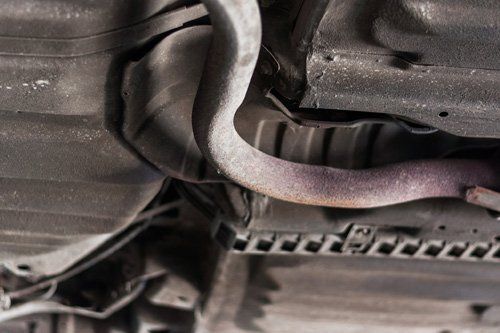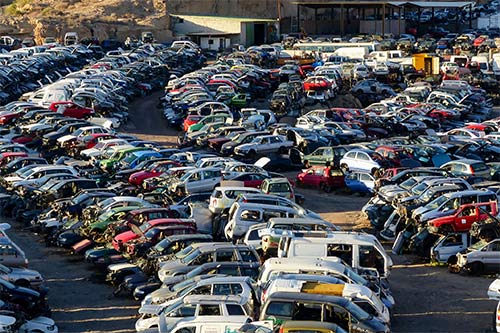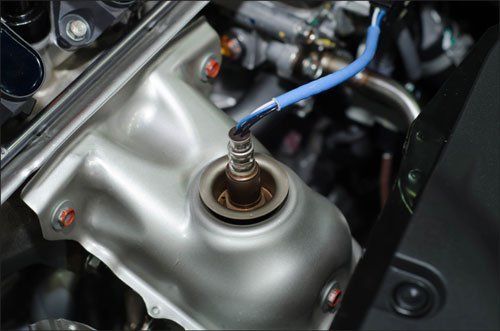Sometimes, an auto salvage yard serves as more than just a peripheral option in your search for car parts. Under certain circumstances, you may discover that a salvage yard part can provide all the functionality you need, making it a much more sensible purchase than anything from a dealer or new-parts seller.
Recognizing which parts naturally lend themselves to such reuse and recycling can help you save money while conserving materials. Discover four situations that make a salvage yard purchase the wisest option.
1. You Don't Require Mint-Condition Looks
Driving a less-than-pristine used car doesn't carry the stigma it once did. (In fact,
55 percent of millionaires own and drive older cars.) These vehicles can provide reliable transportation for many years when properly maintained, regardless of their outward appearance.
You might find yourself pleasantly surprised when you check an auto salvage yard for lightly used parts. Recent-model cars may still have nice fenders or cabin components that require only a bit of cleaning or polishing. Slight dents or marks may not deter you from adding a salvage part to your car.
Many critical automotive components hide beneath hoods or along the undercarriage of vehicles. As long as these parts function well and fit your car's specific make and model year, you can buy with confidence. If you lack automotive knowledge, bring a mechanic with you to inspect the part before you agree to buy it.
2. You Don't Want to Pay Extra for New Parts
You can find a given auto part at multiple price points. Original Equipment Manufacturer (OEM) parts tend to command the highest prices. Aftermarket parts usually cost somewhat less (sometimes at the cost of inferior quality). Either of these options, however, will cost more than salvage parts.
If you just need a functional part for your car, a salvage part will save you money, which you can then put toward other parts or automotive expenses. One perk of buying salvage parts lies in the fact that most of them once commanded a premium price as new, top-quality OEM parts.
Even if you only see aftermarket versions of the part you need at the salvage yard, you can often get good value and service from these parts despite their third-party origins. Some aftermarket parts can even exceed the quality of their OEM counterparts.
3. You Don't See the Part You Need Elsewhere
Some vehicles can pose special difficulties when it comes to finding replacement parts. If your car goes back a few generations in age, for instance, it may run on parts that the manufacturer stopped producing many years ago. Aficionados who sell such parts privately may demand high prices for these rarities.
Salvage yards serve as the natural resting places for cars of all vintages. Some salvage yards even specialize in buying and selling classic car parts, while others take any and all vehicles, including the antiques. With luck, you'll the obsolete parts your car needs (and a source for future such parts) at reasonable prices.
4. You Don't Want to Contribute to Environmental Waste
Vehicle manufacturing ranks at the top of the list for environmental impact among categories of produced goods. Factors in this impact include the energy required to extract raw materials and operate the factories that assemble the cars (or their individual parts).
While recycling can find additional uses for the materials that go into a car at the end of that car's useful life, this process does not enjoy 100 percent efficiency. Many materials end up polluting landfills, including some
1.2 million tons of tires per year.
If you worry about contributing to the problem of environmental waste, buy your car parts from a salvage yard whenever you reasonably can. This form of recycling keeps the parts out of landfills and takes them out of the energy-intensive manufacturing loop.
Keep these four scenarios in mind the next time you go shopping for car parts. If you need a particular type of part, a rebuilt engine, or even an entire vehicle, contact
Advantage Salvage & Auto Parts LLC for more information.
A rebuilt engine isn't the most common car repair, but there are a few times when a rebuild is the best repair for the situation. Learn more about them.
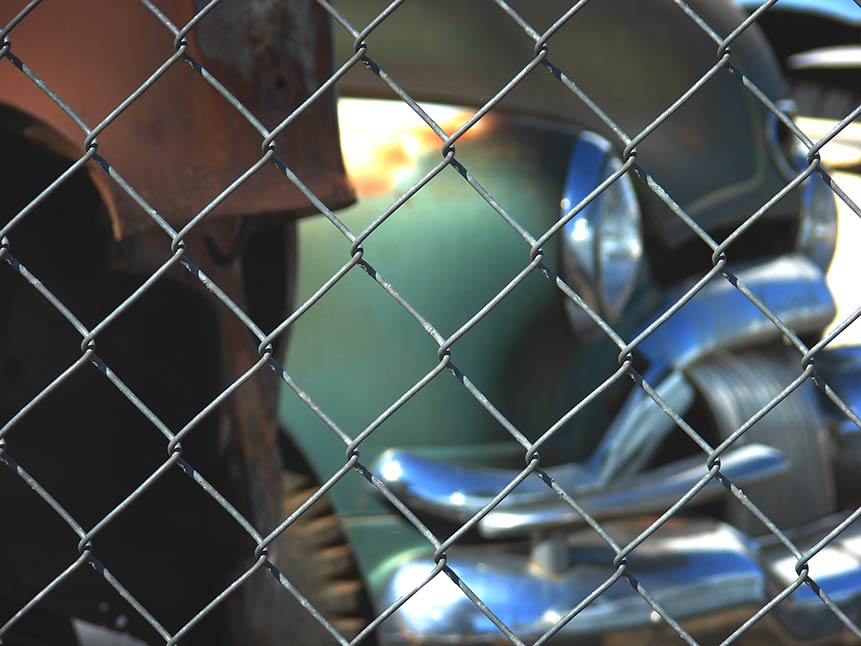
Salvage auto part yards are a source of great bargains for those who want to replace parts on their vehicles. However, those who have never purchased from a salvage yard before should learn a few things about how to do business with a salvage yard. The following are six mistakes you need to avoid if you go to a salvage yard to look for used auto parts.

